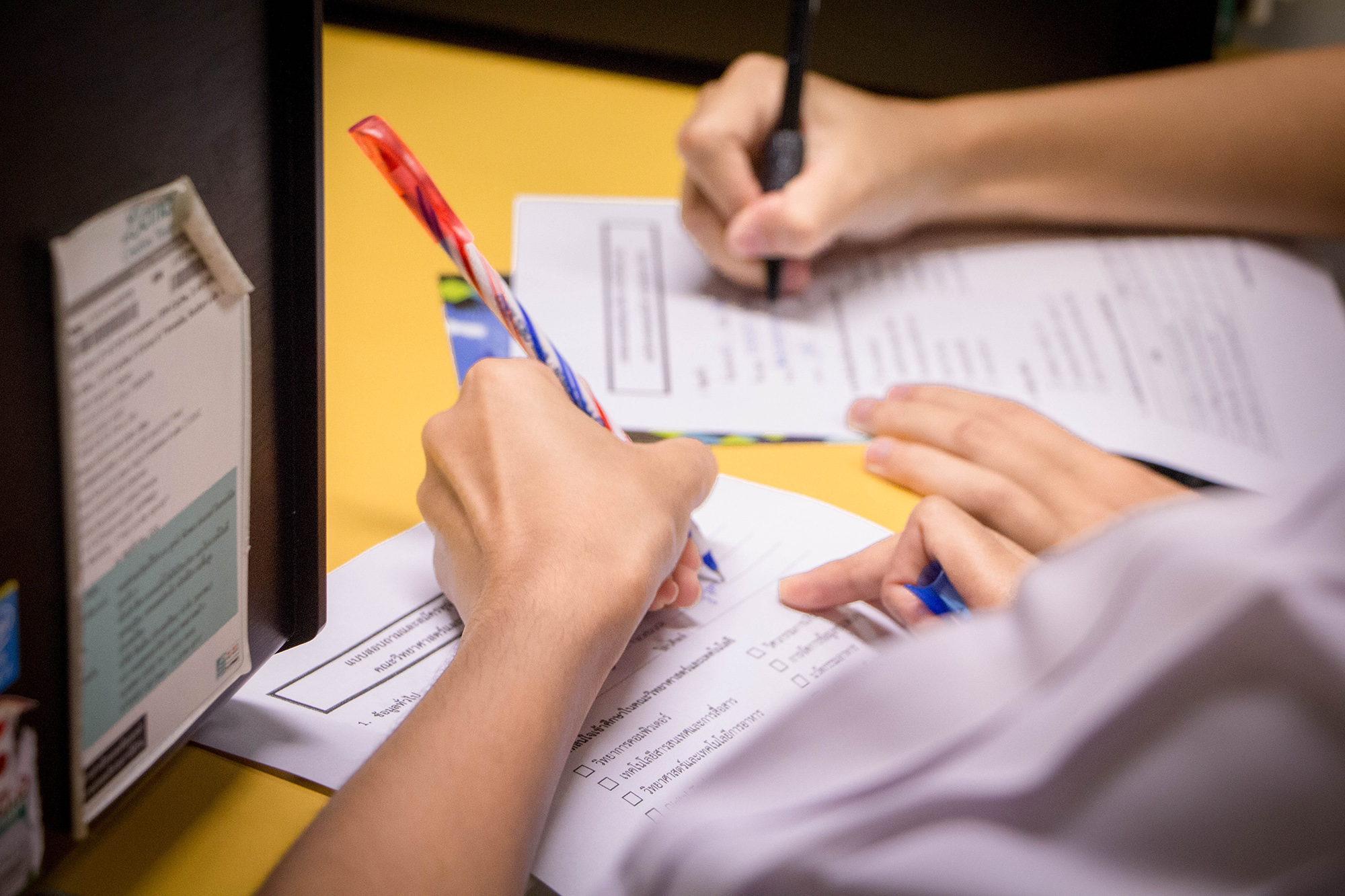What Way to Be A Loan Guarantor In Singapore: Responsibilities And Liabilities


In Singapore, there are some loans that need the borrower to locate a guarantor willing to co-sign on the loan. Included in this are housing loans, car loans, renovation loans and education loans.
If everything goes well, as being a guarantor doesn't cost you anything. However, if there are arrears in payment, or maybe the borrower disappears, then there are tremendous financial and legal implications to you, because the guarantor.
In this article, we'll help you obtain a better knowledge of the responsibilities of a guarantor, so that you can make an informed decision whether or not to agree if you are asked by a friend or family member to be the guarantor for their loan.
What Does It Mean To Be A Guarantor For somebody Else's Loan?
By signing on to become a guarantor, you agree that you'll be accountable for repaying the borrowed funds, when the original borrower defaults.
This implies that the creditor isn't even obligated to set up that much effort to chase the initial borrower prior to making you completely liable for what's owed.
In accessory for repaying the outstanding principal loan amount with interest, you will also be liable for additional charges and legal fees levied when payment is delayed.
There can also be other required a guarantor that would be specifically outlined within the loan contract, which you should examine in close detail. Some clauses could range from the lender getting the to automatically deduct money out of your checking account as part of the debt recovery, or having unlimited liability for the entire loan amount.
Interestingly, if the loan agreement specifies that the guarantor is jointly and severally liable for the loan, the financial institution can legally pursue you for the debt repayment, even if the borrower didn't default. This is not prone to happen but is theoretically what the clause makes you responsible for.
What Happens If your Guarantor Can not afford To Settle The Borrower's Debt?
Once the borrower has defaulted, you'll be necessary to settle the outstanding debt. If you're not in a position to, it would be as though you've defaulted on your own loan obligations.
This will affect your credit score, that will hamper your ability to secure financing of your own later on, despite you successfully repaid the debt.
The bank could apply to the court for seizing your personal property of value and sold off (at fire sale prices) to recover what's owed.
Finally and many devastatingly, you could open yourself as much as bankruptcy proceedings, that is a painful and life-altering procedure that has severe implications in your career, what you can do to travel overseas, or even running your own business.
Here's The best way to Protect Yourself Before Being A Guarantor
Given the heavy responsibilities of a guarantor, and also the severe consequences from the borrower defaulting, the choice to be guarantor must only be undertaken after serious consideration of 1) your personal financial circumstances, 2) your assessment from the borrower's own ability and willingness to settle their own debt, and 3) careful reading of the loan agreement's conditions and terms.
If you're not in a financial position that you can result in the loan, tthere shouldn't be shame in letting your family member or friend know that you're unable to help.
As a prospective guarantor, it's also within your rights to inquire about the borrower for information on their existing financial obligations, credit history, assets, and income. You need to be able to assess the chance of default for yourself, and ask yourself if that's something you're confident with.
Finally, you need to ask for the copy from the loan agreement and look at it carefully to know what you will be accountable for, and under what situations will trigger the creditors coming after you for that amount owed. Get clarification from the bank if you are unclear, and consider seeking the guidance an attorney if you’re still not satisfied.






